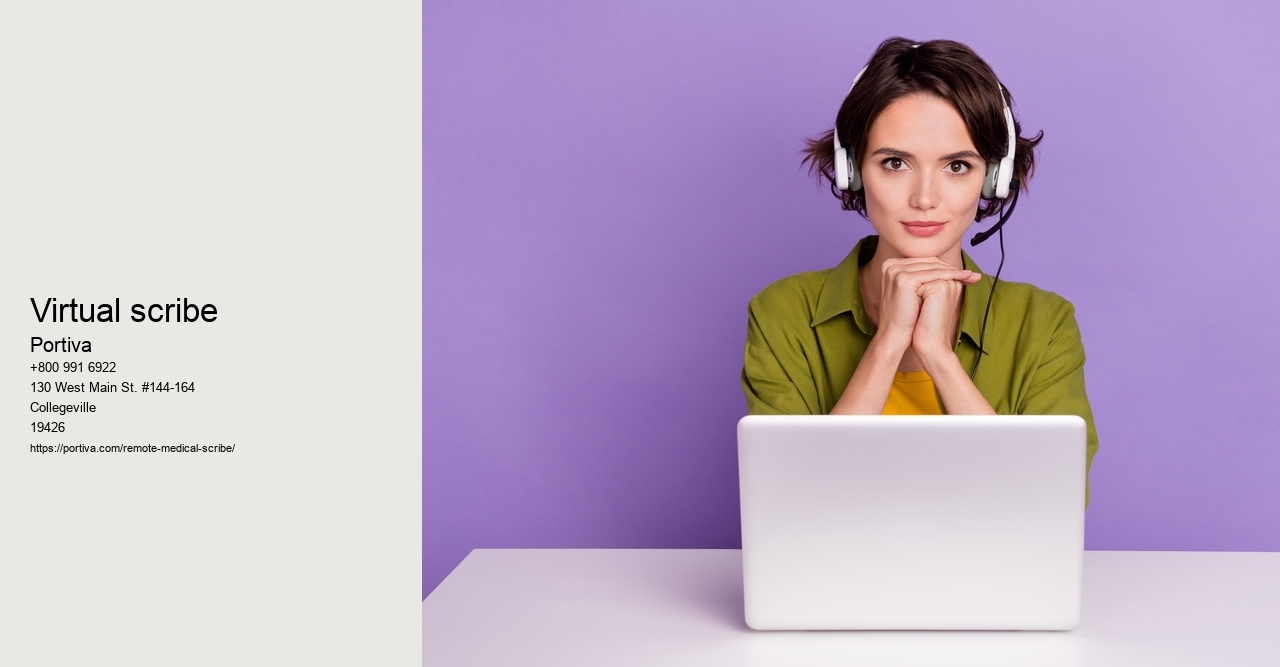Performs clerical, information technology, and other functions as needed by providers in the nursing home setting. The technology required for virtual medical assistants can be expensive, and if a practice chooses to invest in this technology, it should ensure adequate funding. The real-time analytics and streamlined features make it easier to track payments, manage claims, and stay on top of reimbursements – allowing you to keep your practice running efficiently while providing the highest level of patient care. Health Benefits of Virtual Medical Assistant. In addition to gaining invaluable experience, Portiva's remote medical scribe also provides competitive compensation and excellent benefits, making it a worthwhile opportunity for those passionate about their work in healthcare. Additionally, it provides comprehensive reporting tools to help healthcare providers better understand their finances and make informed decisions about allocating resources. Coding assigns numerical or alphanumeric codes to diagnoses, procedures, treatments and any other medical service provided. By leveraging natural language processing (NLP) technology, Portiva's virtual medical assistant can quickly understand patients' needs and provide relevant information about their healthcare options. Medical billing professionals' lines are streamed over a safe, user-friendly interface, eliminating human errors. Accrual time is paid. Ultimately, medical providers can ensure their medical billing processes are up-to-date and secure with the medical billing technology of Portiva. With Portiva's virtual medical assistant, healthcare providers have the tools to efficiently manage their patients' records, appointments, and prescriptions.
virtual scribe
